In the sweltering heat of an August afternoon, the air conditioner in Bo Wen’s apartment, a 30-year-old office worker in Guangzhou, suddenly broke. Instead of enduring the heat or waiting a few days to buy a new remote control from a traditional e-commerce platform, he opened the Meituan app.
Just 40 minutes later, a delivery person delivered a replacement remote to him. “It was a few yuan more expensive,” Bo Wen said, “but on a hot day, I was willing to pay for the immediacy.”
Bo Wen’s experience is not unique. It’s a small but perfectly captured slice of a revolution quietly taking place across China’s cities: the rise of instant commerce. And behind that convenience lies a relentless battle, a multibillion-dollar gamble between the three biggest players: Alibaba, JD.com, and Meituan.
The competition was so fierce that Bo Wen even bought a cup of coffee for an unbelievable price: 0.01 yuan (about 35 VND) on Taobao Shangou, Alibaba's instant commerce service.
And on the new frontier of Chinese retail, a four-course lunch costs just $1, a cup of milk tea is just 25 cents, and the latest iPhone 17 can be yours just 30 minutes after it goes on sale.
Everything can be delivered in 30 minutes
Instant commerce is not a new concept, but its scale and speed in China today are unprecedented. It combines the power of e-commerce with a dense on-demand delivery network, blurring the line between online and physical shopping. Everything from a bowl of noodles to a lipstick to an electronic device can be in consumers’ hands within half an hour.
On this battlefield, there are three main armies.
Meituan - the reigning king of food delivery, held 65-70% of the market share before the war. Meituan has a large army of shippers and extensive operational experience. However, their core "territory" is under direct attack.
Alibaba - the e-commerce giant, the most powerful challenger. With its "bottomless pockets" and huge ecosystem, Alibaba integrates its food delivery service Ele.me into its retail platforms Taobao and Tmall, creating a super app called Taobao Shangou.
D.com - the "king" of logistics and fast delivery. Having set the standard for same-day delivery, JD.com was the one who ignited the war when it jumped into the food delivery market in February.
When JD.com declared war, Meituan responded with its 24/7 "flash shopping" platform, and the three quickly embarked on a frantic "money-burning" race, turning the consumer market into an unprecedented "low-price party".

In China, with its vast freelance workforce and dense logistics network, a cup of coffee for just 2 yuan (about 0.28 USD) delivered to your door within 30 minutes is no longer a fantasy (Photo: Getty).
The "money burning" scenario and the super app gamble
At the heart of this battle are the massive subsidies, the numbers being thrown around that are mind-boggling. Alibaba has pledged 50 billion yuan (about $7 billion) over the course of a year for Taobao Shangou. JD.com is not far behind, spending 10 billion yuan (1.4 billion dollars) on food delivery subsidies, and another 10 billion yuan to support sellers.
Together, the three companies are said to have burned through about $3 billion in the second quarter alone. Analysts at S&P Global Ratings predict they will spend at least $160 billion over the next 12 to 18 months to gain or defend market share. The result has been a deluge of incentives for consumers. At its peak in July, Meituan offered four-course meals for just 6.9 yuan (nearly $1), while JD.com offered bubble tea for just $0.25.
Orders exploded. Alibaba hit a record 120 million orders a day, close to Meituan’s 150 million, sometimes overwhelming the system. But the ultimate goal isn’t just to sell more meals or cups of coffee. “The main goal is cross-selling,” says Jay Lau, an analyst at S&P Global Ratings.
The giants want to turn their apps into “everyday super apps” where users can do everything from ordering food, shopping, booking travel tickets, to viewing maps. They want to lock users into a closed ecosystem where user data becomes the most valuable asset, creating a competitive advantage that is almost impossible to break in the future.
It's an all-in bet for China's digital consumer dominance.
Infrastructure and shipper team
If the subsidy war is a flashy battle on the surface, the battle over infrastructure and people is the foundation that determines long-term success or failure. This is not a battle of algorithms on phones, but a race to build infrastructure and win over human resources.
Both Meituan and JD.com are pouring billions of yuan into the “centralized kitchen” model. Meituan announced plans to build 1,200 “Panda Cat Restaurants,” where multiple brands prepare food for delivery, optimizing costs and efficiency. Not far behind, JD.com is investing 1 billion yuan to deploy 10,000 7Fresh autonomous kitchens, calling it “the biggest supply chain innovation in 15 years in the food delivery industry.”
This move shows that internet companies are no longer intermediaries, they are deeply involved in the operation and restructuring of the entire F&B industry.
Meanwhile, the battle for the delivery driver army is also extremely fierce. JD.com caused a stir by recruiting full-time drivers with better social welfare policies, a direct attack on the gig economy model that Meituan is operating. The image of JD.com founder Richard Liu delivering packages himself in Beijing became a powerful PR stunt.
This move forced Meituan to immediately improve its insurance policies for its drivers. This battle shows that, in the era of instant delivery, the shipper team is not just the delivery person, they are the face of the brand and the vital factor to ensure service quality. Whoever controls the infrastructure and people will hold a sustainable advantage.
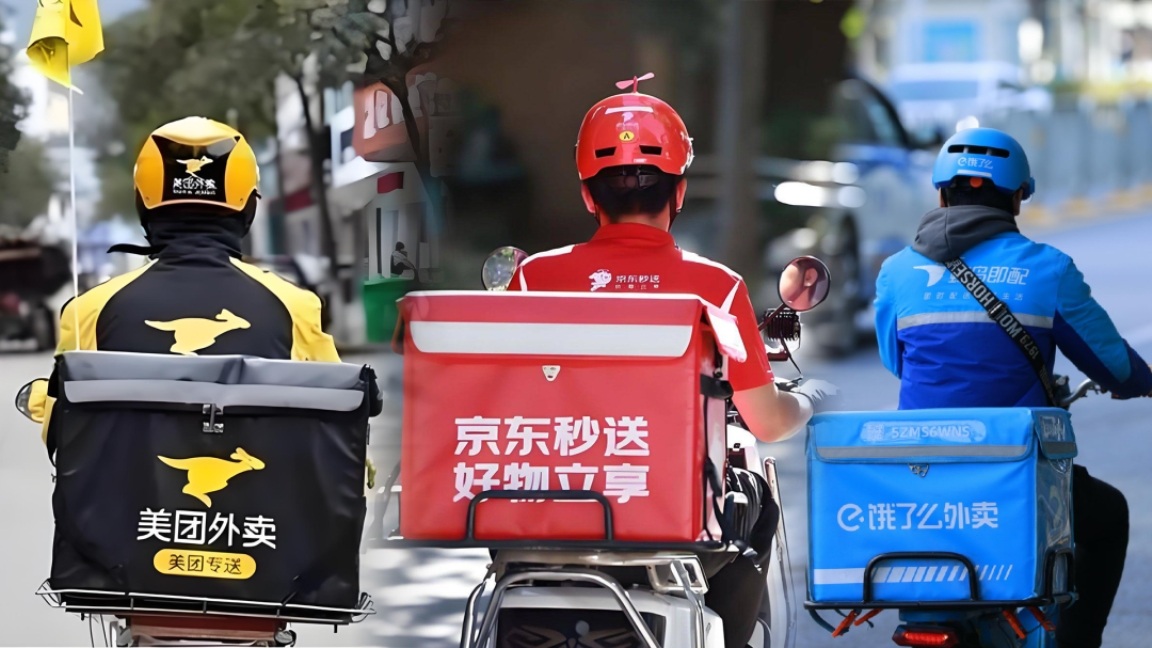
JD.com, Alibaba and Meituan have poured billions of yuan into subsidies, expanding their super-fast delivery networks, turning everyday needs into "instant" experiences (Photo: City News Service).
The Price of the Throne and the CEO's Chessboard
“Pyrrhic victory” – a victory that comes at a heavy cost – is the phrase many analysts use to describe this war. Regardless of who wins, the price will be extremely high.
The pressure on its balance sheet is clear. Meituan shares have fallen about 35% since the start of the year, and the company warned of “significant losses.” JD.com shares have also fallen about 31%, and Nomura said the expansion into food delivery alone likely wiped out its core retail profit in the second quarter.
Only Alibaba, with its deep pockets (nearly 586 billion yuan in cash compared to Meituan’s 171 billion), seems to be in better shape. Its stock has even risen more than 85%, showing that investors believe in its long-term strategy.
However, according to Tang Ya, founder of XS Institute of China Economy, "Alibaba has a thicker cushion, but their AI and cloud businesses also cost a lot of money."
Chelsey Tam, a senior analyst at Morningstar, predicts Meituan’s share of the food delivery market could fall to around 60% over the next decade. “The margins of all three will not recover in the next 12-24 months,” S&P analyst Lau predicts.
The battle is so fierce that state regulators have had to intervene twice to call for "rational" competition.
Interestingly, this high-profile confrontation didn’t quite go as predicted. A 2019 post by Meituan CEO Wang Xing predicted a confrontation between Pinduoduo and Tmall. He wrote at the time: “In the coming years, it will be interesting to see Pinduoduo’s Colin Huang Zheng and Tmall’s Jiang Fan, two extremely smart people, go head-to-head in e-commerce.”
But in reality, 2025 is a battle between him and Jiang Fan, who is leading Alibaba's e-commerce division.
Jiang Fan, one of China’s most powerful retail leaders, is said to have tasked Alibaba with increasing its food delivery market share to 40% by the end of August. Under his leadership, Taobao Shangou has quickly caught up with Meituan. Morgan Stanley predicts that by 2030, Meituan’s market share in overall instant commerce could fall to 48%, almost on par with Alibaba’s 47%.
This is not just a battle of money, but also a battle of wits about AI technology and algorithms.
The immediate trade war in China has cooled down, but the flames are still burning. It’s unclear who will emerge victorious, but one thing is certain: it has permanently changed the expectations of hundreds of millions of consumers and the face of retail.
Instant convenience, once a premium service, has become the norm. Consumers like Bo Wen are now willing to pay a little more to get what they want right away.
This billion-dollar gamble, started with a penny cup of coffee, is redrawing the power map of the digital economy. The winner will not only dominate the delivery market, but also hold the gateway to Chinese consumer habits and wallets for the next decade.
Source: https://dantri.com.vn/kinh-doanh/ly-ca-phe-35-dong-cham-ngoi-cuoc-chien-qua-re-qua-nhanh-qua-nguy-hiem-20250919170732052.htm



![[Photo] Students of Binh Minh Primary School enjoy the full moon festival, receiving the joys of childhood](https://vphoto.vietnam.vn/thumb/1200x675/vietnam/resource/IMAGE/2025/10/3/8cf8abef22fe4471be400a818912cb85)


![[Photo] Prime Minister Pham Minh Chinh chairs meeting to deploy overcoming consequences of storm No. 10](https://vphoto.vietnam.vn/thumb/1200x675/vietnam/resource/IMAGE/2025/10/3/544f420dcc844463898fcbef46247d16)





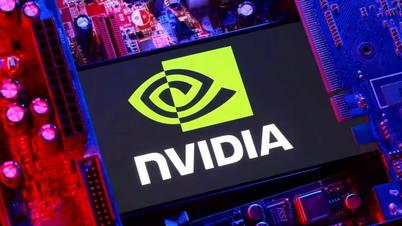


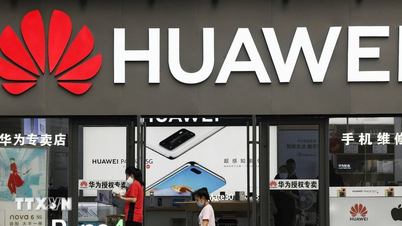








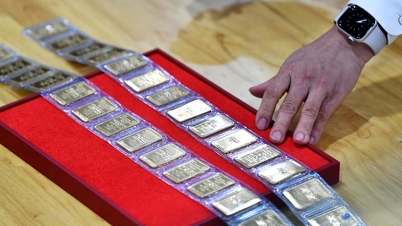



















































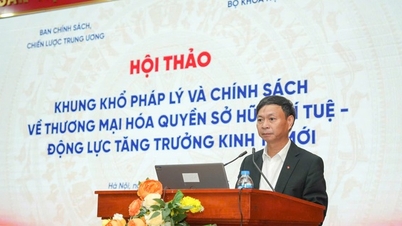

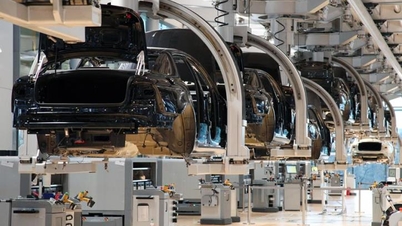









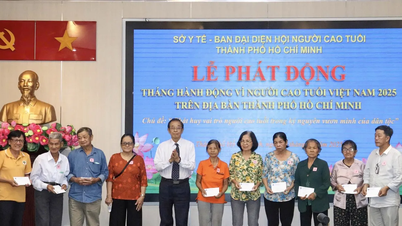


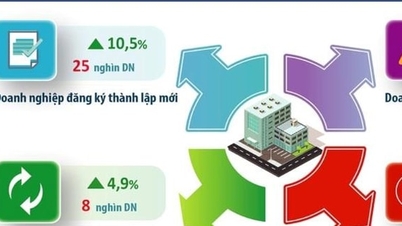













Comment (0)